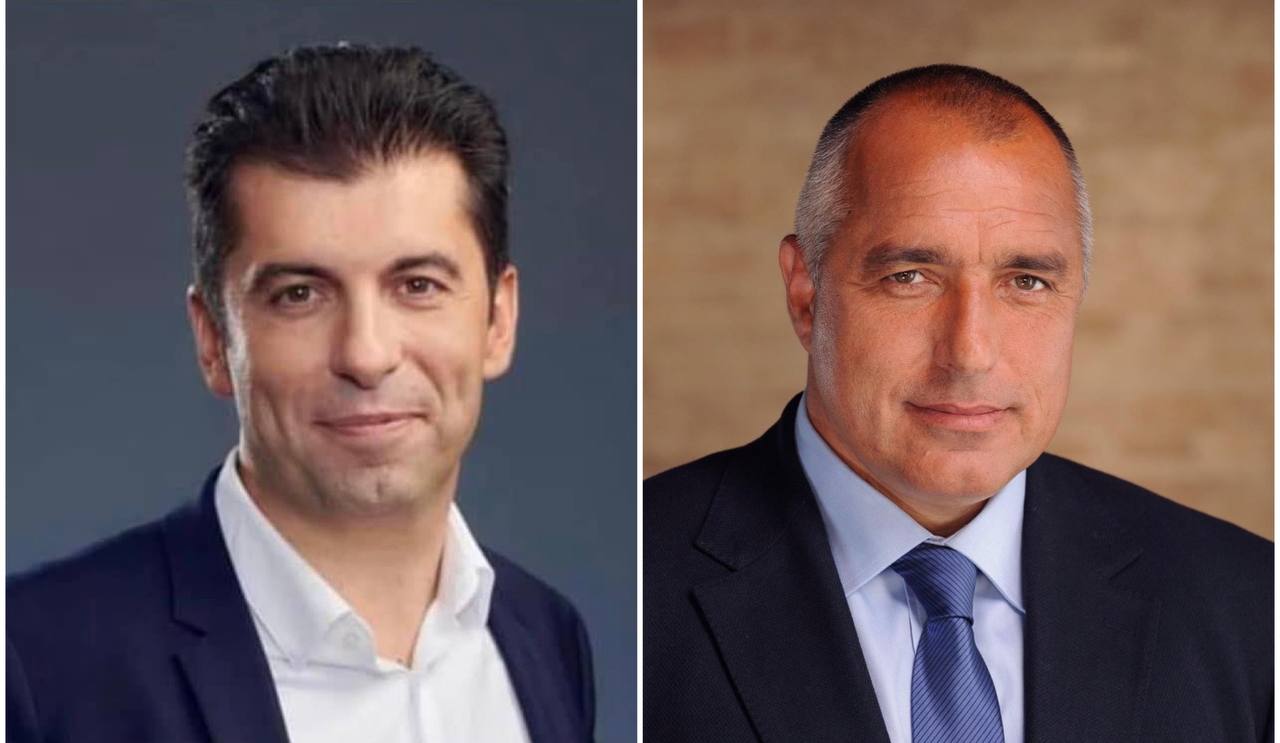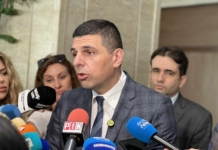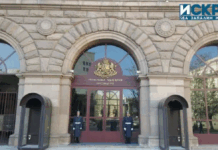
The tension between two of the leading political parties – „We Continue the Change-Democratic Bulgaria“ and GERB, reached a new peak. The subject of the dispute was the proposal for rotation of key government positions, which provoked a sharp response from Kiril Petkov.
At the heart of the heated debate is the ultimatum of Boyko Borissov, leader of GERB, who set a condition for We Continue the Change-Democratic Bulgaria“ to cede the position of foreign minister to GERB in rotation, otherwise he warned of the collapse of the existing coalition and resort to early elections. Borissov stressed that his party would not back down from its demand for key positions, including that of prime minister for Mariya Gabriel after the rotation.
In response, Kiril Petkov said resolutely that „We Continue the Change-Democratic Bulgaria“ would not back down under pressure and would not accept ultimatums. He expressed perplexity why something that is functioning should be destroyed and stressed that GERB is already getting a significant post – that of the prime minister, who has the final say in the governance of the country. In his words, the more reasonable solution would be to rely on dialogue rather than confrontation.
Petkov also focused on the newly formed coalition in the Sofia City Council, where GERB, BSP and „There Is Such A People“ (TISP) have united. He warned that these parties will be held accountable for their actions, stressing the importance of responsibility in the political process.
For his part, Boyko Borissov expressed disappointment with the position of „We Continue the Change-Democratic Bulgaria“ and emphasized GERB’s insistence on compliance with the preliminary agreements. He also denied GERB’s participation in the arrangements to secure a majority for the election of the chairman of the Sofia Municipal Council, stressing his view of the political situation.
The heated speeches and tense relations between GERB and „We Continue the Change-Democratic Bulgaria“ showed the deep divisions in Bulgarian politics and the challenges facing the coalition government. The future of political stability in Bulgaria seems uncertain, with both sides showing firmness in their positions. It remains to be seen whether dialogue will prevail over confrontation and whether the political forces will find common ground for the good future of the country.






